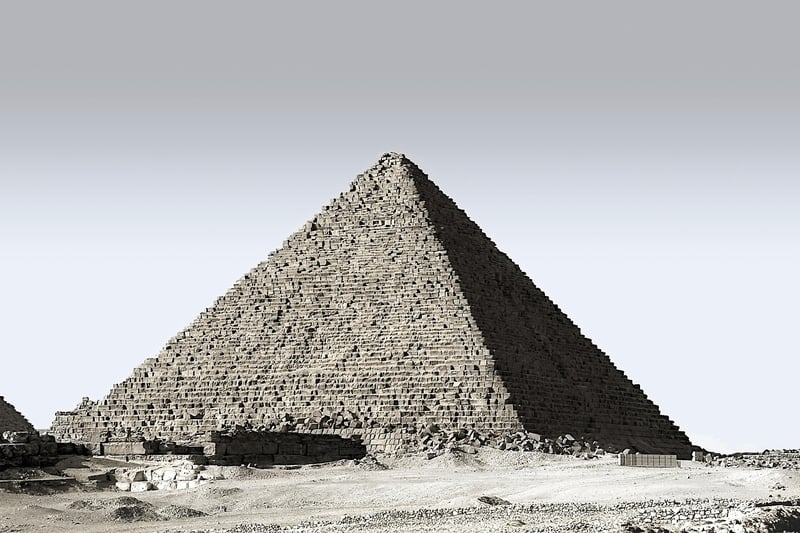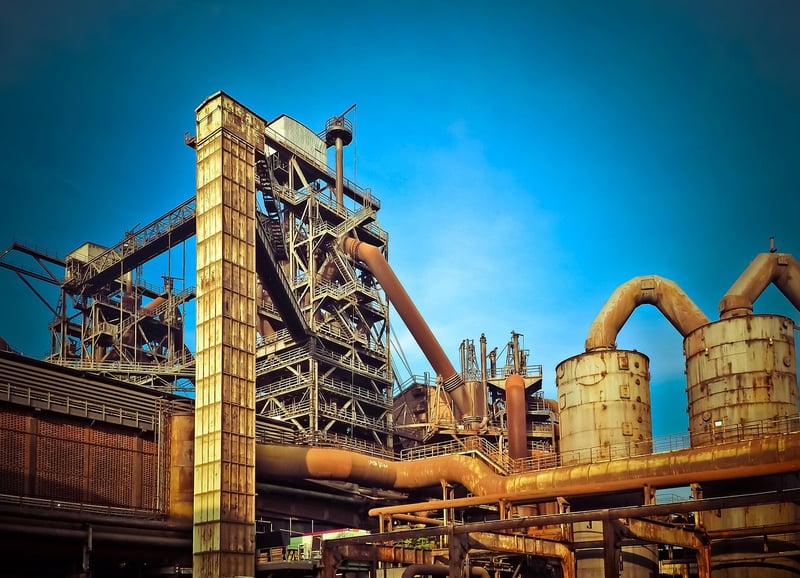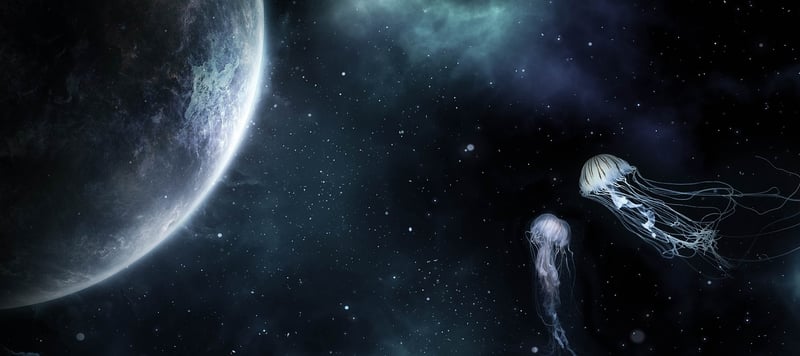Future World
Exploring Historical Periods and the Future World
History serves as a looking glass into the past, offering glimpses into bygone eras that have shaped the world we live in today. From ancient civilizations to modern revolutions, each historical period holds a unique narrative waiting to be uncovered. Let's delve into some key historical epochs and ponder the possibilities of the future world.
Ancient Civilizations
Ancient civilizations like the Egyptians, Greeks, Romans, and Mayans laid the groundwork for modern society through their advancements in architecture, art, science, and governance. Their legacies continue to influence contemporary culture and technology.

The Middle Ages
The Middle Ages, characterized by feudalism, knights, and castles, witnessed significant developments in trade, religion, and the arts. This era set the stage for the Renaissance and the Age of Exploration that followed.

The Industrial Revolution
The Industrial Revolution marked a pivotal shift in human history with the mechanization of production processes. Innovations like the steam engine and factory system transformed economies and societies, leading to urbanization and new social classes.

Modern Times
From the World Wars to the Information Age, modern times have been defined by rapid technological advancements, globalization, and cultural exchange. The rise of digital technology and interconnectedness has revolutionized communication and commerce.

The Future World
As we stand on the brink of the future, the possibilities are endless. Advancements in artificial intelligence, space exploration, renewable energy, and biotechnology hint at a world where innovation knows no bounds. The future promises to be both challenging and transformative, shaping the course of humanity for generations to come.
Embark on a journey through time, unraveling the mysteries of the past and envisioning the boundless potential of the future world that awaits us.
References: History.com, Encyclopedia Britannica - History
